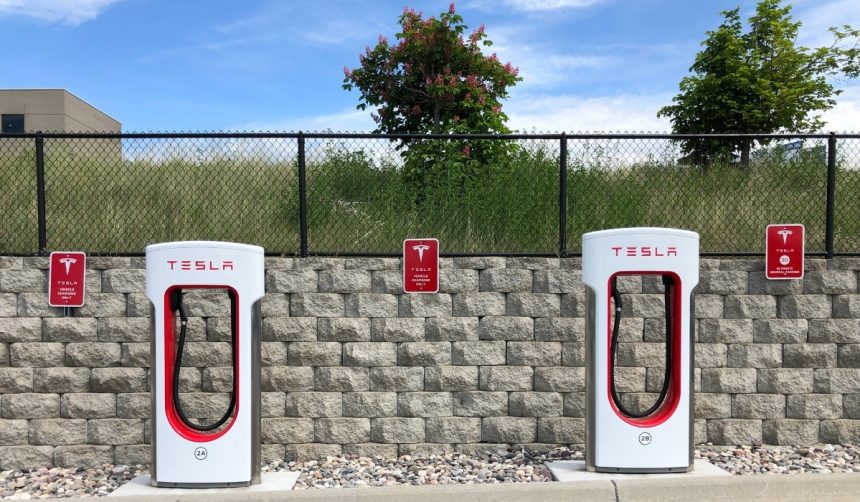Tesla is addressing safety concerns by initiating a large-scale recall across its vehicle lineup, utilizing Over-the-Air (OTA) software updates. This move signifies a shift in how automotive recalls are managed, potentially setting a precedent for the industry. The adoption of OTA fixes allows Tesla to efficiently resolve issues without requiring customers to visit service centers, enhancing convenience and reducing downtime for vehicle owners.
Recalls have historically involved physical repairs at service centers, often leading to inconvenience for vehicle owners and increased operational costs for manufacturers. Tesla’s approach to implementing software-based solutions reflects advancements in automotive technology and the increasing capability of vehicles to receive updates remotely.
The National Highway Traffic Safety Administration (NHTSA) has recognized Tesla’s method by including OTA updates in their recall notices. This marks the first instance where NHTSA explicitly mentions that certain recalls will be addressed through software, highlighting a significant development in regulatory practices.
Which Models Are Affected by the Recall?
The recall impacts approximately 694,304 Tesla vehicles, including the 2024 Cybertruck, 2017-2025 Model 3, and 2020-2025 Model Y. These models are experiencing issues with the non-illuminated Tire Pressure Monitoring System (TPMS), which fails to alert drivers of low tire pressure as required by safety standards.
How Will the Software Update Resolve the Issue?
Tesla will deploy an OTA software update to rectify the TPMS malfunction. This update will ensure that the TPMS light illuminates correctly, providing drivers with necessary warnings about their tire pressure without the need for physical intervention at service centers.
What Are the Implications for Tesla and the Automotive Industry?
Tesla CEO Elon Musk has advocated for updated terminology and methods for handling recalls, emphasizing the benefits of software solutions.
By leveraging software updates, Tesla not only streamlines the recall process but also sets a new standard that could influence other manufacturers to adopt similar practices. This approach enhances customer experience and aligns with the growing trend of connected vehicles.
With no reported injuries or accidents related to this TPMS issue as of December 13, Tesla is proactively addressing the concern to maintain safety and customer trust. The integration of OTA updates into recall processes demonstrates a blend of technology and regulatory compliance, positioning Tesla at the forefront of innovative automotive solutions.
Adopting OTA updates for recalls offers tangible benefits, including reduced inconvenience for customers and lower costs for manufacturers. This method also allows for quicker resolution of issues, potentially increasing the overall safety and reliability of vehicles on the road. As the automotive industry continues to evolve, such approaches may become standard practice, enhancing efficiency and consumer satisfaction.
The transition to software-based recall solutions represents a significant evolution in vehicle maintenance and safety assurance. By embracing this technology, Tesla not only improves its own operational capabilities but also contributes to broader changes in how vehicle manufacturers address safety concerns and manage recalls.










